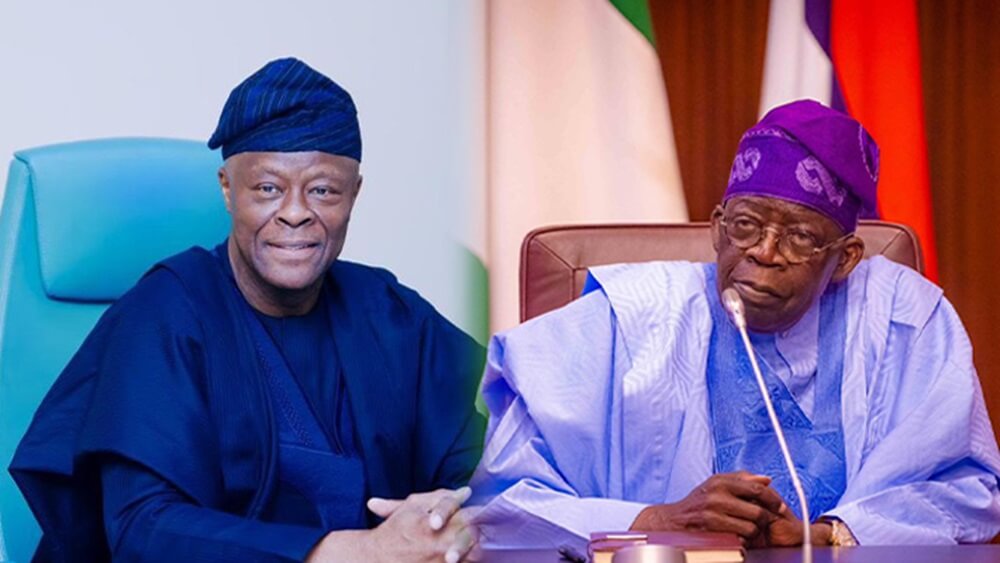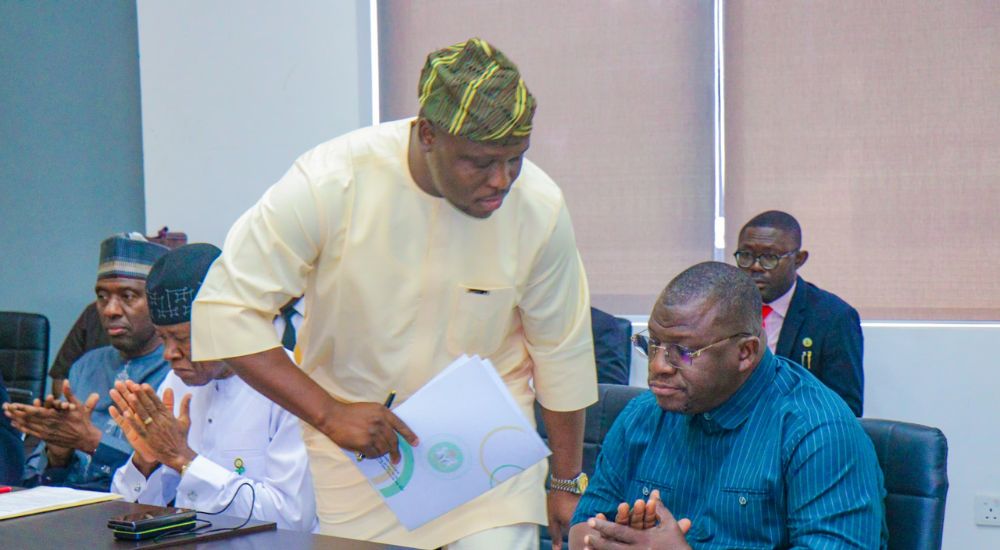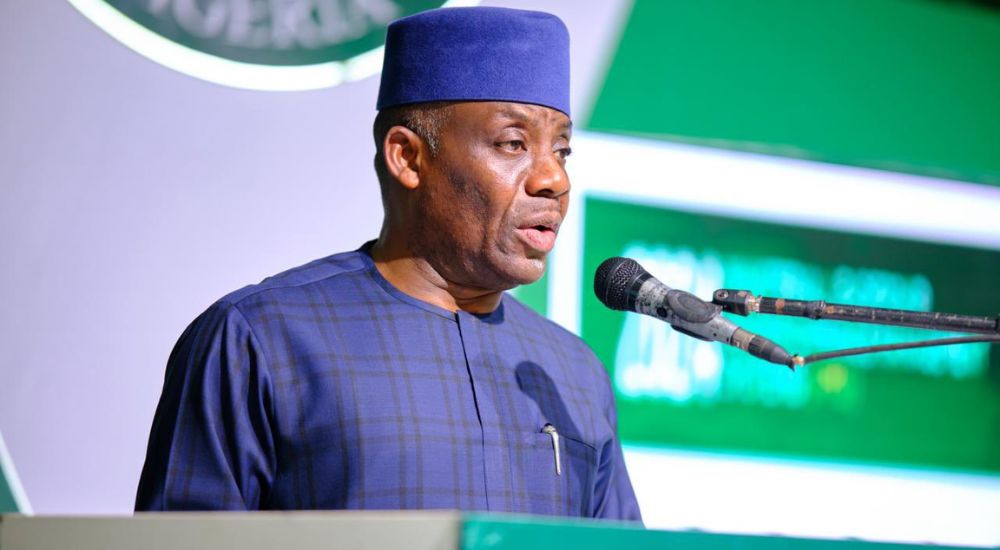The North Should Take Advantage Of Ongoing Tax Reforms

Since September 3, 2024 when President Bola Tinubu transmitted his Tax Reform Bills to the National Assembly following the recommendations of the Taiwo Oyedele-led Presidential Committee on Fiscal and Tax Reforms, some northern leaders, including governors and legislators, have risen in arms against passage of the bills.
The bills include the Nigeria Tax Bill 2024, which provides the fiscal framework for taxation in the country; the Tax Administration Bill, which will provide a clear legal framework for all taxes in the country and reduce disputes; the Nigeria Revenue Service Establishment Bill, which repels the Federal Inland Revenue Service Act and establish the Nigeria Revenue Service; and the Joint Revenue Board Establishment Bill, which will create a tax tribunal and a tax ombudsman.
The most contentious part of the tax bills seems to be the new provisions on Value Added Tax. This is the part that some northern leaders have described as detrimental to the economic wellbeing of the north.
The bills, which have passed second reading at the Senate, was blocked from further progress in the House of Representatives on Tuesday by 73 northern lawmakers. Debate on the bills were suspended indefinitely to allow for more consultations.
However, the North’s position is against the general view that the tax reform bills are essential to the economic development of the country. And as revealed by Oyedele, who led the Presidential Committee on Fiscal and Tax Reforms, the provisions of the bills were supported by all major stakeholders consulted by the committee.
It is instructive that all those who have spoken out against the tax reform bills in the North are not economists or financial experts but politicians. Financial and business experts from the North have supported the bills as transformative. More patriotic politicians from the North have also supported the bills.
The argument that the bills would impoverish the North is puerile, and mere conjectures that are not grounded on any concrete data. It is more about fear of the unknown than any deep conviction about the bills’ negativities.
The North is playing politics with reforms at a time that demands statesmanship. This is why the North must listen to former speaker Yakubu Dogara who recently spoke his mind at a townhall organised by Channels television.
Dogara asked the state governors who were afraid of losing revenue from VAT to be reasonable and see the tax bills as an opportunity to deepen the economies of their states. He said if President Tinubu were anti-North as some northern leaders claimed, he would not have established the Ministry of Livestock.
He said the global market size of dairies and beef in the next three years would rise to about $2.5tn, adding that the North could corner at least five per cent of that if it gets its acts together. “I tell you, that gives us $250bn. We don’t need VAT from any state in Nigeria to survive. The North can survive on its own. We are the most endowed part of Nigeria.”
He urged northern leaders to act like statesmen and not find any hidden ethnic or religious agenda in reforms but to be bothered about whether it’s the right thing or not. “My appeal to all of us, we are all leaders here. We should remove the cap of regionalism, the cap of sectionalism, the cap of religion and put on the cap of leadership because that’s what will resolve problems that we have.”
We are also in support of the views of Father Mathew Hassan Kukah, Bishop of the Catholic Diocese of Sokoto, who has spoken in favour of the tax bills. He said the tax reforms would put Nigeria on a path to sustainable progress. He said states lacked the structures to harness the energy of their citizens and the reforms would create the structures.
“These reforms should help transform the narrative and ensure the efficient management of our resources. I am hopeful that this marks the beginning of a long journey towards fiscal responsibility and the development of the nation we all aspire to build,” he said while giving his opinion on the tax bills.
This is in tandem with what the presidency has said about the tax bills and other ongoing reforms. This was reiterated by the Minister of Information and National Orientation, Mohammed Idris, in a statement issued in response to some northern opposition to the tax bills.
He said Tinubu’s “ambitious fiscal reform agenda” would devolve more resources to states and local governments, stressing that the country was going through “the most far-reaching, impactful and beneficial set of fiscal reforms that Nigeria has seen in decades.”
He added that all the reforms of the Tinubu administration were designed to empower states and facilitate increased revenues to them, including the 2023 Supreme Court ruling on financial autonomy for local governments councils.
We advise northern leaders to pause and have a deep thought about the tax bills and other reforms with a view to taking advantage of them. There may be initial challenges, but this is the time that true leaders must emerge: leaders who see the big picture.
The North Should Take Advantage Of Ongoing Tax Reforms is first published on The Whistler Newspaper





